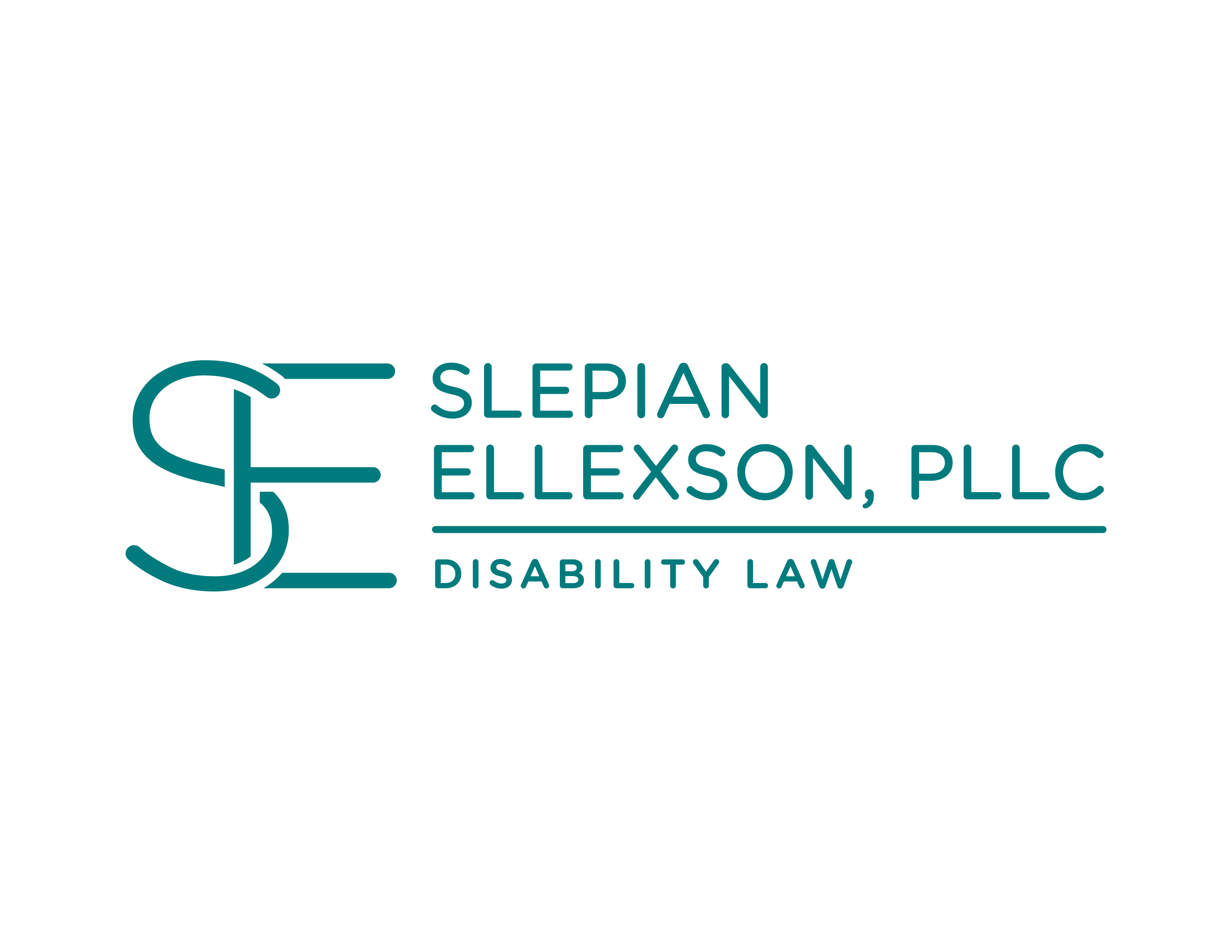What Counts as Medical Evidence For SSI?
Published on November 29th, 2021 by Eric Slepian
A large part of being awarded SSI or SSDI benefits lies in presenting the right medical records to the court. Your medical records act as evidence for your case and without them, the courts have no way of knowing that your medical condition truly disables you. If you submit the right medical evidence, the SSA won’t need to follow up for more records, meaning you can get your benefits sooner.
Timely Records
The records you submit to the Social Security administration must be timely, meaning that they have to be recent enough to be relevant to your current situation. Different disorders will require different timelines for medical evidence, and there is no one right timeline for all diseases. If your condition rapidly changes and has constant up-to-date information, you’ll most likely need more recent medical records, whereas if you have a slowly progressive disease that hasn’t changed in years, you most won’t need medical records that are as recent.
While the SSA typically likes to have records that are from the past six months, older records help paint the bigger picture of your disability.
Accurate Records
You must ensure that the records you are submitting are completely accurate and representative of the disability you claim to have. For example, if you claim to have a disability that affects your spine, but you submit x-rays that don’t show the abnormality, then the records aren’t accurate. It’s vital that the medical records you submit support the claims that doctors make about your disability, or else the claim holds no weight to the courts.
Sufficient Records
Lastly, you must ensure that the medical records you submit are sufficient enough to support your case. This means that they must contain enough accurate and acceptable information about the severity and nature of your disability for the SSA to make an informed decision.
You must remember that every claim, symptom, and issue you report must be backed up by evidence. If you claim to have cancer, you must provide evidence of a biopsy showing the cancer is present, along with a slew of other evidence proving your symptoms, treatment, and side effects.
You shouldn’t submit records just from when you applied for disability. With longitudinal records, you’re showing your entire medical history, and issues that led up to your diagnosis. Records that have sufficient information include your reported symptoms, test and exam results, treatments recommended and received, the treatment response, and future treatment plans and prognosis. This information will be the most persuasive coming from your treating physician who you see regularly, as they will know your condition better than anyone else.
Work With a Disability Attorney
Submitting the right medical evidence can be the difference between getting approved or denied for benefits. Our team understands how specific and picky the SSA can be with medical evidence, and we have years of experience helping individuals gather the correct evidence. Don’t take the gamble by applying for benefits yourself; our Social Security disability law firm by Glendale, AZ can guide you through the process.



